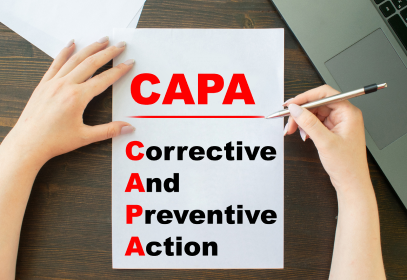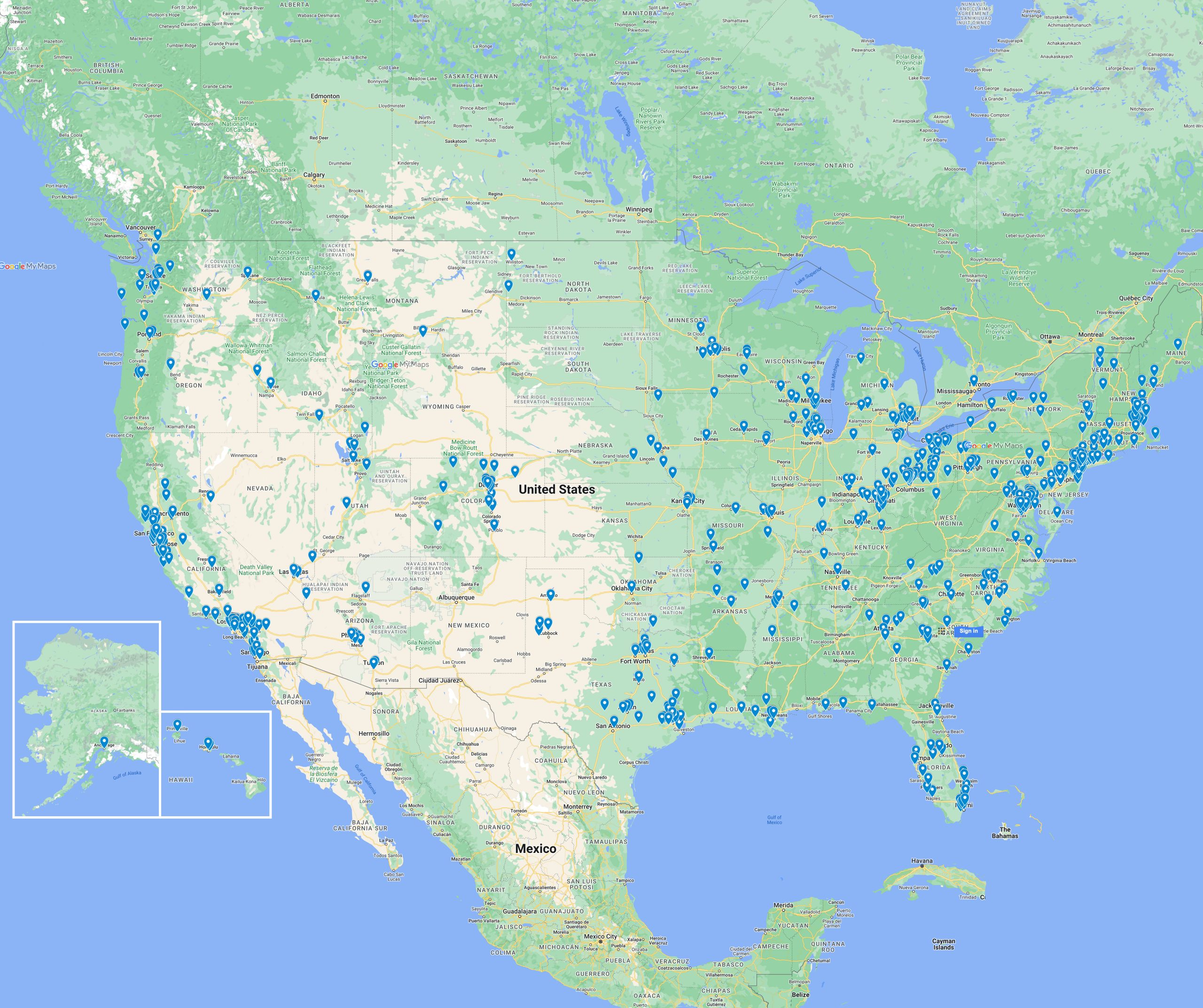
Episode 2: Regulatory Framework of Dietary Supplements
Episode 2: Regulatory Framework of Dietary Supplements
In this episode we are going to introduce the regulatory framework by which dietary supplements are manufactured, and how regulations for dietary supplements differ from food products.
To properly understand how dietary supplements are regulated by the FDA and at the State level, we will need to examine the primary section of the federal code that addresses safety standards in dietary supplement manufacturing, and understand how properly maintained systems and record keeping work in fully functional dietary supplement operations.
21 CFR 111
Looking at 21 CFR part 111, there are 16 sections, called subparts, to the code. Each subpart has a letter starting with A and ending with P.
It is important that any dietary supplement program be written to include policies, procedures, standard operating procedures, forms and/or electronic records addressing all requirements found in this code.
The foundation of a dietary supplement program is the Master Manufacturing Record, also referred to as the MMR. The MMR includes the batch or production records that need to be completed each time dietary supplements are manufactured in operations.
We are going to examine the Master Manufacturing Record requirements in depth in the next episode. For now, we will simply say that in place of a food safety plan, dietary supplement regulations are built on the requirement for careful record keeping, starting at receiving, through pre-operative inspection, staging and weighing, production, label review, metal detection and shipping.
21 CFR 111 Testing and Hold Requirements
A dietary supplement operation is expected to have extensive raw material and finished product testing built into the program. Operationally, this is fulfilled through either the use of a properly staffed internal laboratory, or through the use of a 3rd party laboratory.
We will be detailing how a testing regimen and a hold release program functions in a dietary supplement operation in episode 4 of this series.
Labeling
Included with the master manufacturing record, testing and holding program, and strong hygiene controls, the facility must carefully check labeling on each batch to assure that they are correct.
All label checks must be recorded, so a sign off either on the batch record or as its own sheet will work, and this is what is included in the master manufacturing record documents.
Supply Chain Controls for Dietary Supplements
The careful control of operations required to meet regulatory requirements also extends to the approval of materials accepted into operations, and this is achieved through a functional supply chain program.
The Kellerman Consulting video series on Supplier Approval covers in detail the requirements for approving suppliers and materials in operations, and we recommend reviewing that series to understand regulatory expectations for supply chain management.
To meet the requirements for 21 CFR 111, facilities must demonstrate in writing the verification of purity and authenticity of the active ingredient of the supplement, as well as confirming that the suppliers of all materials handle, process and ship those materials safely to the facility.
Sanitation Controls and Allergen Controls
As with supplier control, programs for cleaning, sanitation and recalls are expected to be implemented and to function as high levels of control.
For cleaning and sanitation, dietary supplements are expected to be manufactured in clean rooms and to have detailed proper instructions for cleaning and sanitizing, cleaning logs, ATP swabbing and pre-operative inspections are in place each day of operations.
All cleaning and sanitation programs for supplements must include an environmental monitoring program detailed in our video series on that subject.
Recall Plans
In addition to sanitation and allergen controls, all facilities producing dietary supplements must be able to properly recall any products that are found to be unsafe or mislabelled, and that means the implementation of a written recall plan.
Recall plans need to have a properly defined team, the contact information for the FDA recall coordinator in your geographic region, standard operating procedures and responsibilities for overseeing and performing the logistics of a recall.
Reviewing Dietary Supplement Requirements
That completes the basic review of 21 CFR 111 regulatory requirements for dietary supplements.
We recommend that management and quality assurance keeps a copy of 21 CFR 111 available for review at all times within operation, and that the program is reviewed against those dietary supplement requirements at least once every year to assure compliance with regulatory expectations.
Free Manufacturing Master Record Checklist Download
If you would like to discuss having Kellerman Consulting write and implement your food safety and quality management system program, contact us for a free consultation.
Free Dietary Supplement Manufacturing MMR Checklist







